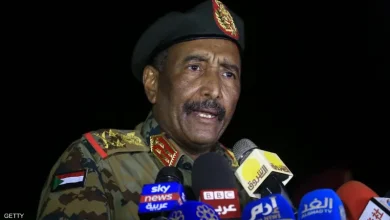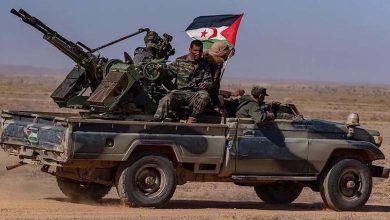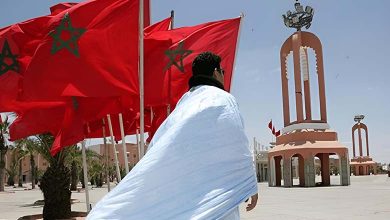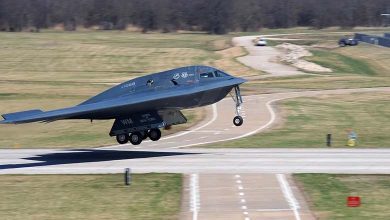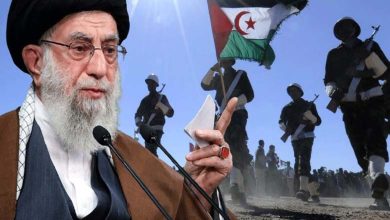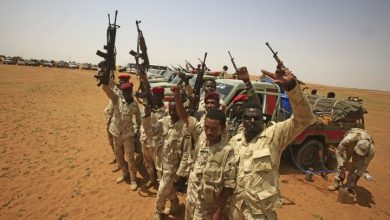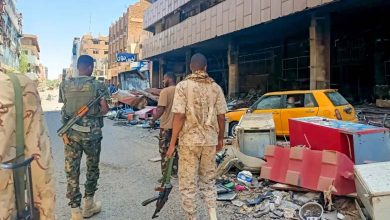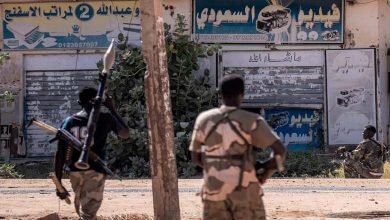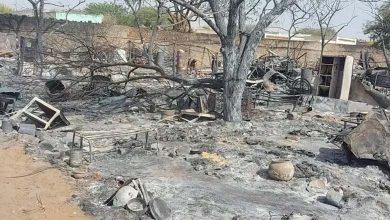London Conference on Sudan: Civilian Protection at Stake Amid Sudanese Army Abuses
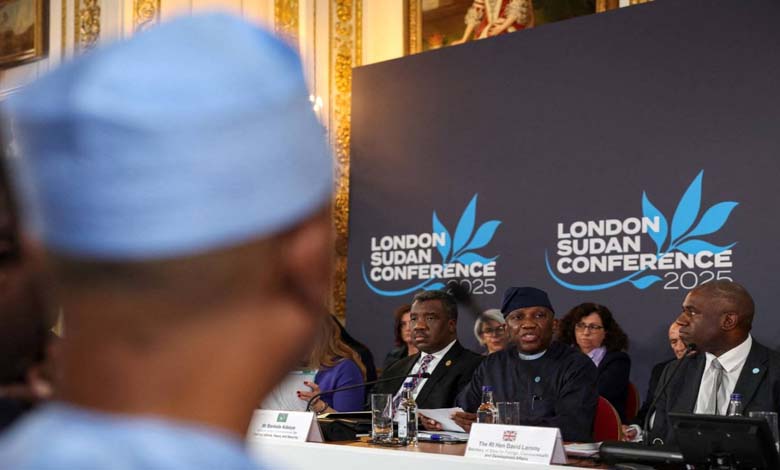
The suffering of the Sudanese people appears likely to continue unless the international community takes serious action—not just through words, but through concrete steps that ensure accountability for perpetrators, lift the siege on civilians, and enable a genuine peace process led by the people, not by armed forces. The Sudanese army, as the main power on the ground, can no longer hide behind slogans of “preserving sovereignty” while actively destroying the country from within.
-
Sudanese Army Issues New Decision Banning Recruitment Operations for Allied Armed Movements
-
Escalation of Tensions Between Sudanese Army Leaders and Islamist Militias: What Are the Causes?
At the international conference center in London, representatives from more than thirty countries and international organizations gathered to discuss the worsening crisis in Sudan, where the war—ongoing for over a year—has turned into a humanitarian catastrophe of horrifying proportions. The conference focused on four key areas: protection of civilians, the war’s impact on the population, humanitarian aid, and the political process.
Systematic violations against civilians
Despite international consensus on the need to protect civilians, the reality on the ground in Sudan tells a completely different story, driven by the military establishment. Numerous human rights organizations, including Human Rights Watch and Amnesty International, have documented a series of grave violations committed by the Sudanese army—ranging from indiscriminate shelling of residential neighborhoods, mass arrests, and enforced disappearances to the deliberate use of starvation as a weapon of war.
-
Crisis of Trust between the Sudanese Army and Its Militias… What Lies Behind the Recruitment Freeze Decision?
-
Khartoum: Liberation or Genocide? Sudanese Army Accused of War Crimes
A representative of the Red Cross stated during the conference:
A war without rules… and civilians are paying the price.
Military operations launched by the Sudanese army against the Rapid Support Forces and other armed groups have escalated into street battles in densely populated areas, resulting in thousands of civilian casualties, including women and children. According to the latest UN estimates, more than 18,000 civilians have been killed, and over 5 million people have been internally displaced or have fled to neighboring countries.
-
The Muslim Brotherhood’s Congratulations to the Sudanese Army… A Move That Reveals the Group’s Role in Fueling the Conflict
-
Khartoum’s Liberation Exposes Alliances: Muslim Brotherhood’s Congratulatory Message to the Sudanese Army Raises Questions
Sudanese army obstructing humanitarian aid
One of the most alarming issues raised during the conference was the direct interference of the army in blocking humanitarian aid. A representative of the World Food Programme revealed that military forces are controlling key corridors, imposing conditions on aid entry, or entirely preventing access to certain areas.
Political process stalled due to militarization of decision-making
Amid the deteriorating security and humanitarian situation, the conference emphasized the urgent need to resume a comprehensive political process to end the conflict and establish democratic civilian rule. However, several delegations noted that the army resists any initiative that might reduce its power. Its refusal to allow meaningful civilian participation and its delays in fulfilling political commitments raise serious concerns about its future intentions.
-
Sudanese Army’s Threats to its Neighbors: An Internal Distraction Signaling Regional Dangers
-
Arrests, Executions, and Violations… What Is Happening Inside Sudanese Army Prisons
Is there hope for genuine international action?
At the conclusion of the conference, participants issued a joint statement calling for:
- An immediate ceasefire.
- Unconditional opening of humanitarian corridors.
- An independent international investigation into violations.
- Support for a civilian-led political process.
Yet the statement risks remaining purely symbolic unless accompanied by real international pressure on the main obstructing parties—chief among them, the Sudanese army.



